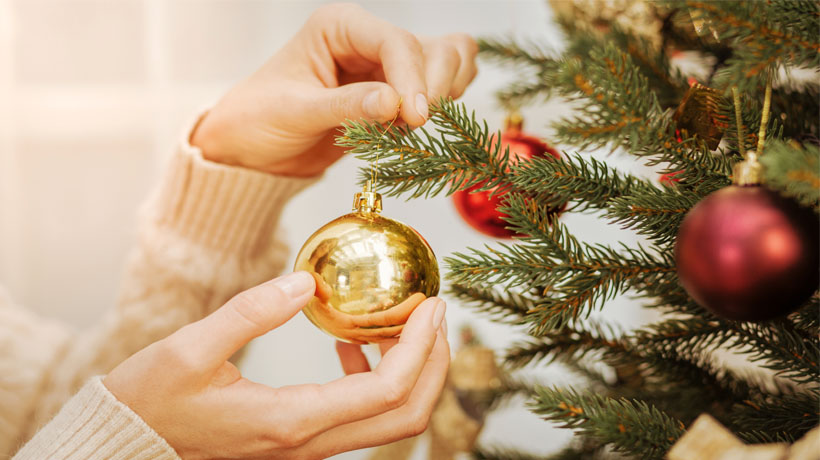Many may scoff at those who put out decorations for Christmas before Thanksgiving, thinking that they’re rushing their lives. However, it turns out that people who start decorating for Christmas early are happier than those who don’t. Here are two reasons why putting up decorations early for Christmas make us jolly and cheerful, according to science.
They make you nostalgic for good times
The Christmas season tends to make people more introspective and nostalgic, but in a good way. The warmth, the overflowing happiness, and the notion of being with loved ones makes people think of good times from the past. From when you were younger until now, Christmas has always given you and your loved ones the chance to be together and share in the festivities.
According to Art Markman, Ph.D., of Psychology Today about nostalgia, “By focusing on positive times from the past, though, people may help themselves to be more connected to others, which can give them the resources to be more optimistic about the future.” This nostalgia, combined with the holiday season, helps you feel more fulfilled and happier. Reconnecting with a childhood that went by too fast is another reason why people are more nostalgic during Christmas time. It gives them peace and another chance to enjoy the magic that the season used to bring when they were younger.
They make you feel like a kid again
Sparkly red, white and green lights, bouncy Christmas music, the positive atmosphere, a tall Christmas tree, and, most of all, the presents. Every kid anticipates Christmas time as soon as they see ornaments line every house in their neighborhood. Those youthful feelings don’t disappear when you become an adult and putting up decorations serves as a reminder of them.
The notion of spending time with loved ones in a warm living room, doling out presents, and feeling the family connection makes your stress and tension fade, leaving you feeling hopeful and maybe even excited. The decorations resonate with your inner child, making you happier and peaceful.
According to a paper written by Elizabeth C. Hirschman and Priscilla A. LaBarbera on the meaning of Christmas, “The gifts given and received, the festivities shared, the meals taken together were a way of making tangible the “ties that bind” one generation to the next, sibling to sibling, and loved newcomers into the family group.”
The people who continue to feel the joy and excitement of the holiday season can’t wait to break into the decorations and start the festivities. They haven’t lost the magic of the holiday and they immerse themselves in the joy of the season.
Sources:
https://www.psychologytoday.com/us/blog/ulterior-motives/201311/what-does-nostalgia-do
Elizabeth C. Hirschman and Priscilla A. LaBarbera (1989), “the Meaning of Christmas”, in SV – Interpretive Consumer Research, eds. Elizabeth C. Hirschman, Provo, UT : Association for Consumer Research, Pages: 136-147. http://acrwebsite.org/volumes/12181/volumes/sv07/SV-07



